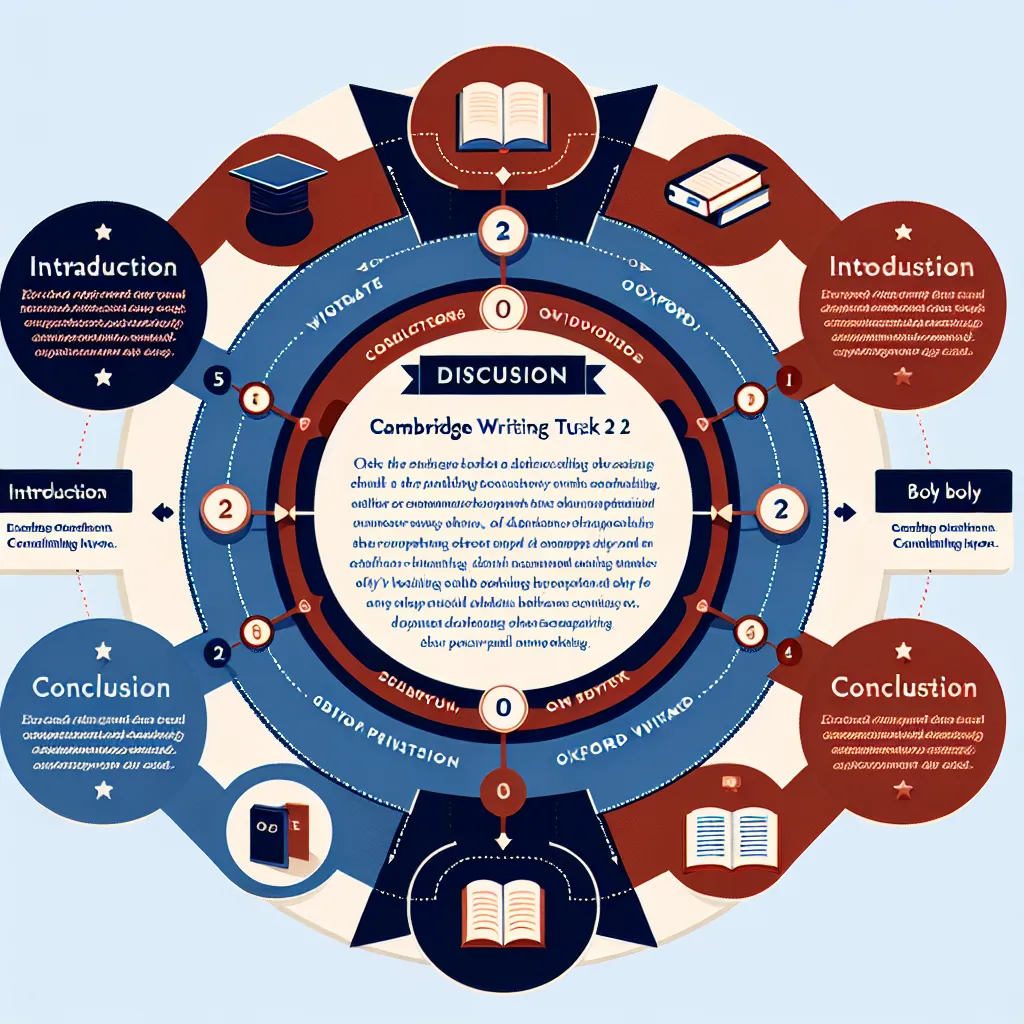Are you a beginner looking to ace your Cambridge exams? You’ve come to the right place! In this comprehensive guide, we’ll explore the best Cambridge exam preparation strategies tailored specifically for beginners. Whether you’re aiming for the FCE, CAE, or CPE, these tips will help you build a solid foundation and boost your confidence.
 Cambridge Exam Preparation
Cambridge Exam Preparation
Understanding Cambridge Exams
Before diving into preparation strategies, it’s crucial to understand what Cambridge exams are and why they’re important. Cambridge English Qualifications are internationally recognized exams that assess English language proficiency. They are widely accepted by universities, employers, and governments worldwide as proof of English language skills.
Types of Cambridge Exams
- First Certificate in English (FCE)
- Certificate in Advanced English (CAE)
- Certificate of Proficiency in English (CPE)
Each exam tests four key language skills: reading, writing, listening, and speaking. They also assess your grammar and vocabulary knowledge.
Essential Preparation Strategies for Beginners
1. Assess Your Current Level
The first step in your Cambridge exam preparation journey is to assess your current English level. This will help you choose the right exam and focus your study efforts effectively.
- Take a free online placement test
- Complete a sample Cambridge exam paper
- Consult with an English teacher or language school
2. Choose the Right Study Materials
Selecting appropriate study materials is crucial for effective preparation. Here are some recommended resources:
- Official Cambridge exam preparation books
- Online practice tests and mock exams
- Grammar and vocabulary workbooks
- Authentic English materials (newspapers, podcasts, TV shows)
Learn more about the best Cambridge exam preparation books
3. Create a Study Schedule
Consistency is key when preparing for Cambridge exams. Develop a realistic study schedule that fits your daily routine:
- Set aside dedicated study time each day
- Balance different skill areas (reading, writing, listening, speaking)
- Include regular review sessions
- Allow time for practice tests
4. Focus on Vocabulary and Grammar
A strong foundation in vocabulary and grammar is essential for success in Cambridge exams:
- Learn new words in context
- Use flashcards or vocabulary apps for regular review
- Study common collocations and phrasal verbs
- Practice using a variety of grammatical structures
Discover effective vocabulary building techniques
5. Improve Your Reading Skills
Cambridge exams include various reading tasks. To enhance your reading skills:
- Read a wide range of texts (articles, novels, academic papers)
- Practice skimming and scanning techniques
- Learn to identify main ideas and supporting details
- Work on your time management during reading tasks
6. Enhance Your Listening Abilities
Listening can be challenging for many exam takers. Try these strategies to improve:
- Listen to English podcasts, news broadcasts, and audiobooks
- Practice with official Cambridge listening materials
- Focus on understanding the overall message, not every word
- Familiarize yourself with different accents and speaking speeds
7. Develop Your Writing Skills
Writing tasks are a significant component of Cambridge exams. To improve your writing:
- Practice different types of writing (essays, reports, letters)
- Learn appropriate formal and informal language
- Focus on coherence and cohesion in your writing
- Get feedback on your writing from a teacher or language exchange partner
Check out our guide on mastering Cambridge exam writing tasks
8. Boost Your Speaking Confidence
The speaking test can be nerve-wracking, but with practice, you can excel:
- Speak English as often as possible in your daily life
- Practice with a language exchange partner or study group
- Record yourself speaking and analyze your performance
- Learn useful phrases for different speaking tasks
9. Take Regular Practice Tests
Familiarizing yourself with the exam format is crucial:
- Complete full-length practice tests under timed conditions
- Analyze your mistakes and focus on areas for improvement
- Gradually increase the difficulty of practice tests as you progress
10. Develop Exam Strategies
Learning specific exam strategies can give you an edge:
- Read instructions carefully
- Manage your time effectively during the exam
- Learn to eliminate incorrect answers in multiple-choice questions
- Practice paraphrasing for writing and speaking tasks
Important Considerations
- Start preparing well in advance of your exam date
- Stay motivated by setting achievable goals
- Take care of your physical and mental health during preparation
- Don’t neglect any of the four skills (reading, writing, listening, speaking)
Next Steps
Now that you’re equipped with these strategies, it’s time to put them into action:
- Assess your current English level
- Choose your target Cambridge exam
- Gather appropriate study materials
- Create a study schedule
- Start with regular, focused practice sessions
Remember, consistent effort and smart preparation are key to success in Cambridge exams. Stay positive, track your progress, and don’t hesitate to seek help when needed.
Are you ready to embark on your Cambridge exam preparation journey? With these strategies, you’re well on your way to achieving your language goals. Good luck, and happy studying!




